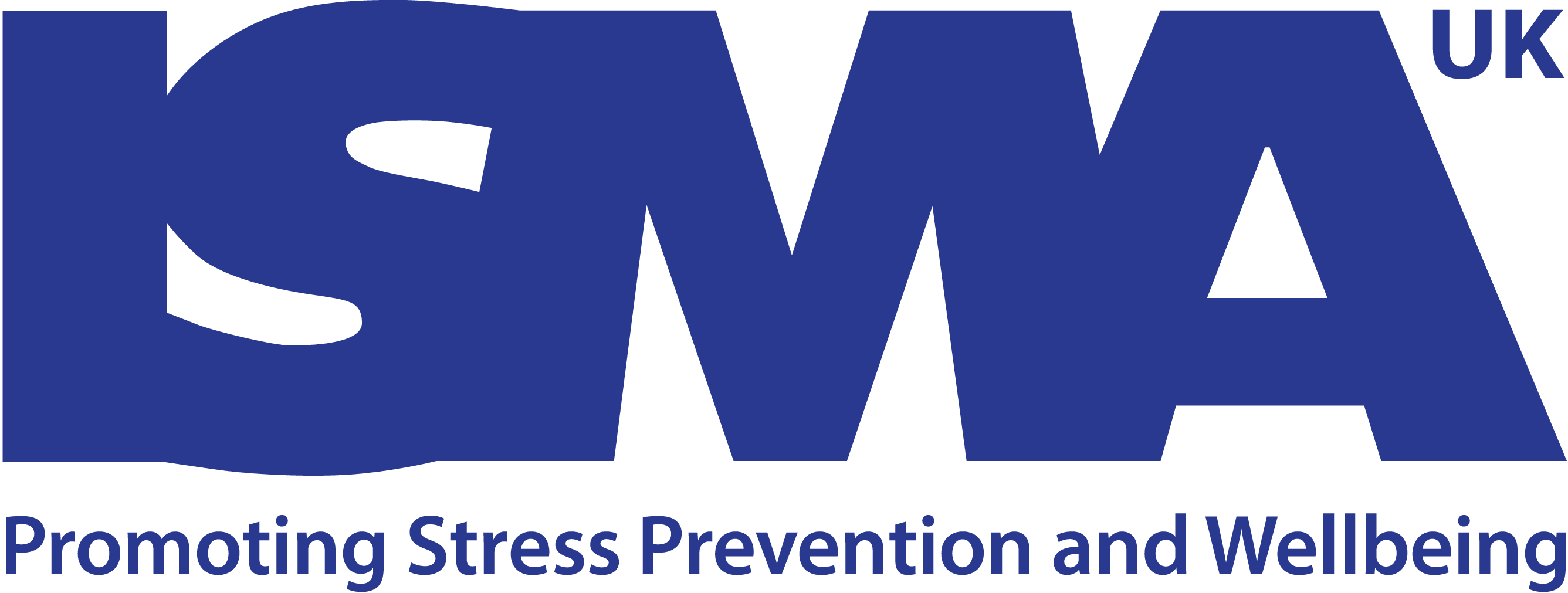Stress is...
“The adverse reaction people have to excessive pressures or other types of demand placed on them.”
Health & Safety Executive
“Stress can be defined as a state of worry or mental tension caused by a difficult situation. Stress is a natural human response that prompts us to address challenges and threats in our lives. Everyone experiences stress to some degree. The way we respond to stress, however, makes a big difference to our overall wellbeing.”
World Health Organisation
Health & Safety Executive Definition
“Work-related stress, depression or anxiety is defined as a harmful reaction people have to undue pressures and demands placed on them at work”
Excessive pressures may come from a number of different sources, and when their combined effect is overwhelming, stress occurs. This means that stress is not good for you. Stress is an unhealthy state of body or mind or both.
For many years, people have referred to the Flight or Fight response as the stress response. But Flight or Fight is a one-off reaction to a perceived challenge or pressure and, as such, is a safety response, ensuring the individual is alerted to possible threats, allowing them to take avoiding action.
However, continually being in this state means that the body chemicals associated with Flight or Fight are constantly being stimulated, which may create symptoms of, or cause, ill health.
HSE Reports on Work-related Stress, Depression or Anxiety
The Health & Safety Executive (HSE) produces annual reports on Health & Safety at Work and on Work-related Stress, Anxiety or Depression Statistics. They show that the main work factors cited by respondents as causing work-related stress, depression or anxiety are workload pressures, including tight deadlines, too much responsibility and a lack of managerial support.
They also show that stress, depression or anxiety are more prevalent in public service industries, such as education; health and social care; public administration; and defence. By occupation, professional occupations that are common across public service industries (such as healthcare workers, teaching professionals, and public service professionals) show higher levels of stress as compared to all jobs.
The latest report includes statistics on the estimated prevalence rates of self-reported stress, depression or anxiety and on the estimated working days lost per worker due to self-reported work-related stress, depression or anxiety. You can find an overview on the HSE website here https://www.hse.gov.uk/statistics/overview.htm and access the latest report Health and safety at work: Summary statistics for Great Britain 2024 on the same page.
Stress Policy
The HSE also has an example stress policy which duty holders can use as a basis for their own policy to tailor it and make it specific to their own needs. This policy can be found here https://www.hse.gov.uk/stress/assets/docs/examplepolicy.pdf
HSE Resources
The HSE publishes a range of resources which are designed to help those concerned with stress at work, including publications, research and statistics, toolkits, templates and checklists. They can also offer advice on stress-related issues. Details of all these resources can be found here https://www.hse.gov.uk/stress/resources.htm.



